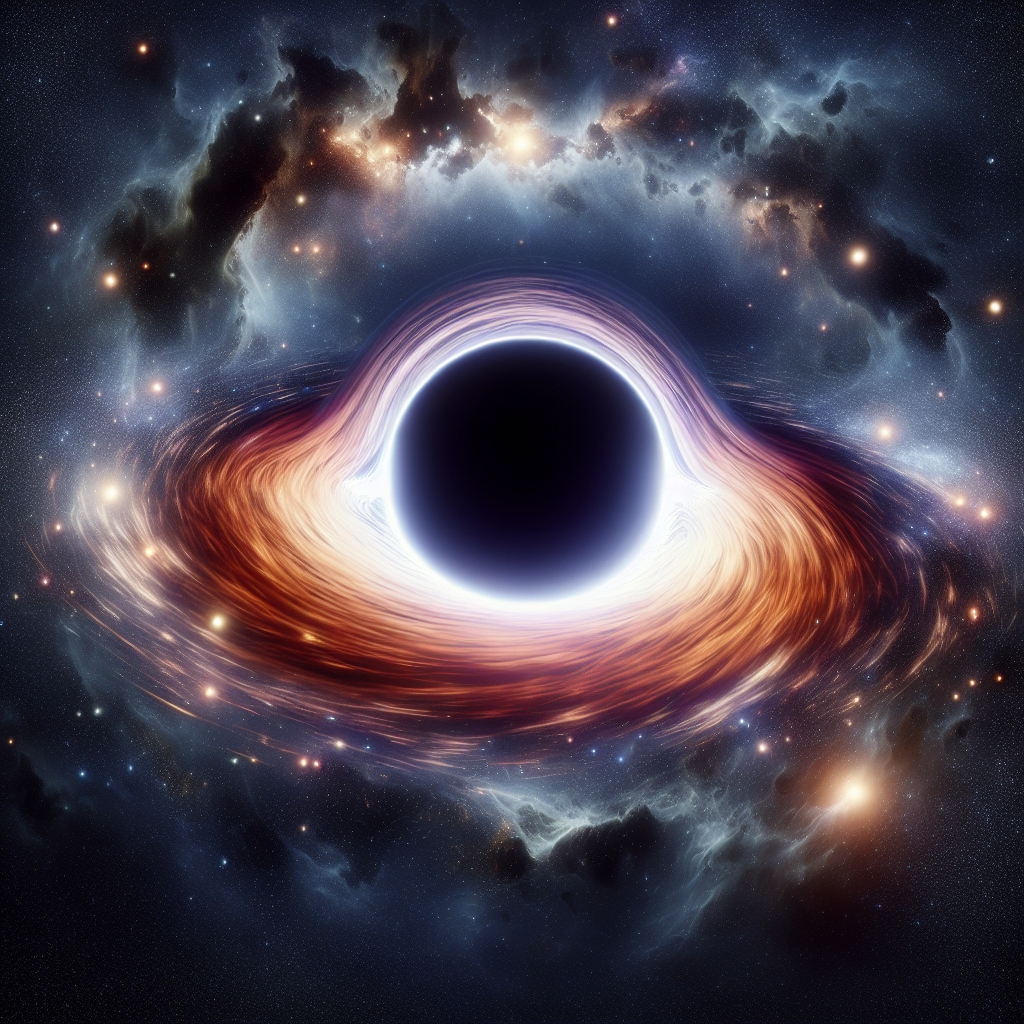A Gentle Genesis: Unveiling a New Path to Black Hole Formation
Researchers have discovered a black hole born through a gentle core collapse rather than a violent supernova. Located in the constellation Cygnus, this unique triple system features a black hole gravitationally bound to two stars. The findings challenge existing theories on black hole formation mechanisms.

Astronomers have long accepted that black holes, known for their inescapable gravitational pull, are formed from explosive supernovae of dying massive stars. However, recent research suggests a more subdued origin for some of these cosmic phenomena.
In a study published in Nature, researchers identified a black hole that appears to have been created through the quiet collapse of a star's core, without the customary catastrophic explosion. This is the first recorded instance of a triple system, with a black hole gravitationally bound to two stars, contradicting the conventional binary system framework.
Located approximately 7,800 light-years away in the constellation Cygnus, this black hole, V404 Cygni, alters current black hole formation theories, offering evidence for the proposed 'direct collapse' mechanism. The discovery raises questions about the processes underpinning black hole formation, previously thought to be exclusively explosive.
(With inputs from agencies.)










